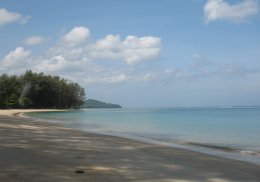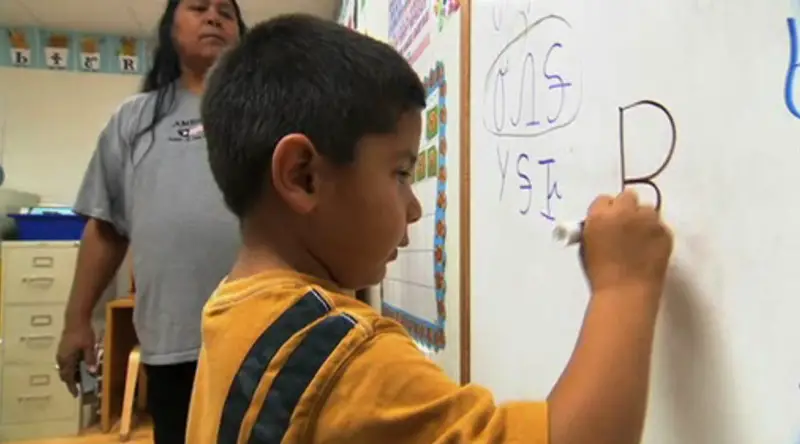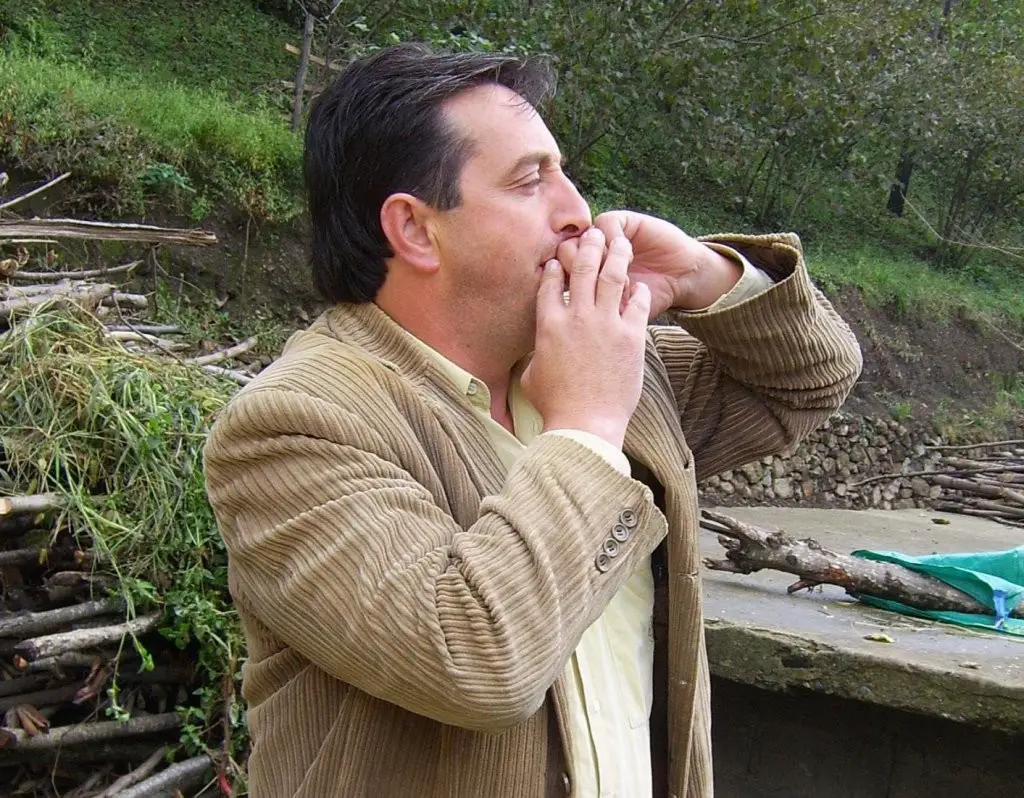Reading the news these last few weeks, there were some articles about endangered languages. Here is a quick press review.
In Quebec, eleven radio stations will broadcast programs in Atikamekw and Innu languages (respectively 20 and 27 hours weekly). “The Government of Canada recognizes the importance of Aboriginal languages and continues to support efforts to preserve and revitalize them,” said James Moore, Minister of Canadian Heritage and Official Languages. Innu (or Montagnais) is spoken by over 11,000 people, the Innu, in Labrador and Quebec in Eastern Canada. Atikamekw is spoken in southwestern Quebec by the Atikamekw people (around 4,500 people). Both are Algonquian languages and part of the Cree-Montagnais-Naskapi dialect continuum.
September 26 was the European Day of Languages. This event, created in 2001, aims at encouraging and maintaining linguistic and cultural diversity. A range of activities are organised across Europe: television and radio programmes, language classes and conferences, and activities for children.
A new language was discovered in India and was named “Koro”. It is spoken by only one thousand speakers and could be classified in the Tibeto-Burman family. It is estimated that one language disappears every two weeks, so the discovering of a new language is good news, provided it can be kept alive.
In Phuket, a famous touristic island in the south of Thailand, it is a dialect which is slowly disappearing. Compared to the other southern dialects, the Phuket dialect is slower and uses some specific words, some of them imported from Hokkien Chinese. But due to the tourism boom, mass media and migrant workers, young people in Phuket now tend to speak standard Thai. “The local dialect is not included in school curriculum; students are actually prohibited from using it when talking with teachers. It is now trendy for new parents to speak Bangkok Thai with their children at home, and younger Thais now blend the Bangkok and Phuket dialects”, said Professor Sommai Pinphutasin, president of the Phuket Historical Interest Group. Many people are trying to revive the dialect, just by speaking it everyday or by supporting the effort to include it into curricula.



